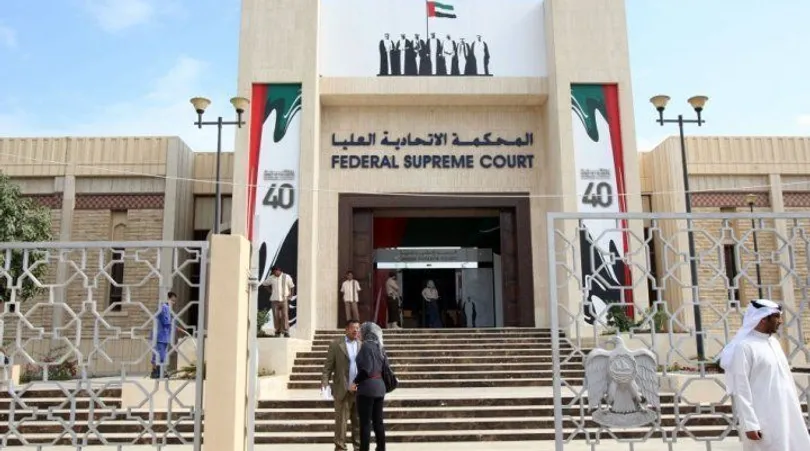On March 4, 2025, the UAE Federal Supreme Court rejected appeals by 53 individuals and six companies convicted of terrorism-related offenses, upholding the sentences issued in the 'Terrorist Justice and Dignity Organisation' case. The ruling reinforces the UAE’s firm stance against groups it has designated as terrorist organizations, particularly the Muslim Brotherhood, which is banned in the country.
Key Details of the Verdict
The UAE’s highest court confirmed the original life sentences for 43 defendants, while others received 15- and 10-year prison terms. The case is one of the largest anti-terrorism trials in the UAE, and the decision signals the government's zero-tolerance approach toward groups deemed a threat to national security.
Charges Against the Convicts:
- Alleged membership and financial support for the Muslim Brotherhood, which the UAE considers a terrorist organization.
- Attempts to undermine the country’s stability and security.
- Allegations of forming a covert network linked to banned organizations abroad.
High-Profile Convictions
Among those convicted is Nasser bin Ghaith, a prominent academic and economist who was sentenced to life in prison. Bin Ghaith was initially detained in August 2015 for social media posts critical of UAE policies. His imprisonment has drawn international attention, with human rights groups calling for his release.
Government’s Stance on Terrorism & Security
The UAE government has defended the trial, stating that the defendants posed a legitimate threat to national security. The UAE has strict anti-terrorism laws, and authorities argue that the crackdown on extremist networks is essential to maintaining peace and stability in the Gulf region.
"The UAE will not tolerate any attempts to destabilize the country," a government spokesperson said.
"We stand firm in our fight against extremism and terrorism."
Pending Appeals & Future Court Hearings
While this ruling is final for most defendants, the UAE Supreme Court has postponed its decision on a separate appeal involving 24 other defendants, who are accused of: Financially supporting and aiding the terrorist group ‘Reform Call’ (Da'wat Al-Islah).
Establishing secret networks to challenge the government.
This pending appeal will be reviewed on April 8, 2025, with the prosecution seeking harsher penalties.
Outraged that #UAE Supreme Court today upheld life sentences against detained HRDs Mohamed al-Roken, Hadif Rashed Abdullah al-Oweis, Salim Hamdoon al-Shahhi & 15 years against others on new terrorism charges when instead they should have been released @UAEUNGENEVA pic.twitter.com/n8Ppy966Rs
International Reaction & Human Rights Concerns
The UAE's trial has drawn criticism from human rights organizations, who claim the proceedings target political activists rather than terrorists. Critics argue that:
- Freedom of speech and political expression is heavily restricted in the UAE.
- The Muslim Brotherhood, while banned in the UAE, operates legally in some countries.
- Some defendants were arrested for social media activity, rather than active terrorism.
Amnesty International and Human Rights Watch have condemned the verdict, calling for international intervention. However, the UAE maintains that its laws are necessary to prevent extremism.

